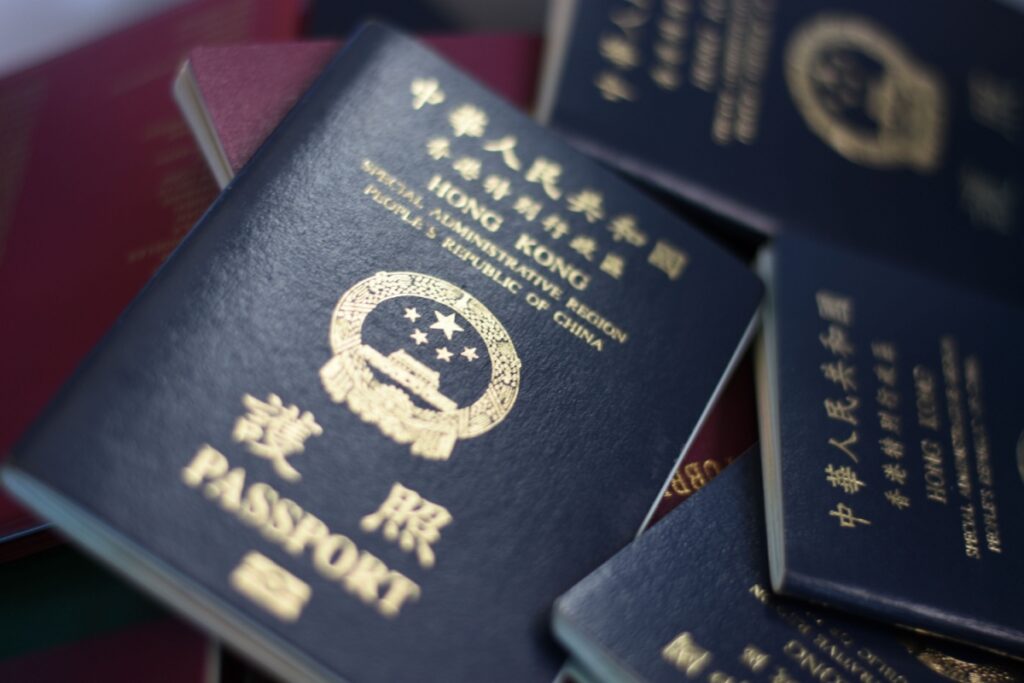Hong Kong Targets Exiled Activists
Hong Kong authorities intensified their overseas clampdown on Monday, August 4, 2025, imposing sweeping restrictions on 16 activists accused of endangering national security. The orders prohibit anyone from providing them with funds or other economic resources and, for 12 of the 16 who hold Hong Kong passports, cancel those travel documents. Named individuals include Victor Ho, Keung Ka-wai, Australian academic Chongyi Feng, and U.S. citizen Gong Sasha, according to the government statement. Violations of the bans—such as offering financial support, leasing property, or entering joint ventures with those listed—carry penalties of up to seven years in prison.
Officials said the 16 were part of a broader group targeted in July for alleged links to “Hong Kong Parliament,” an overseas pro-democracy initiative that authorities label subversive and stress is unrelated to the city’s official legislature. The government also alleged the activists continue to incite hatred against Beijing and Hong Kong, justifying the measures as necessary to make a “significant impact.”
Powers Drawn From Article 23 And The 2020 Security Law
Monday’s orders rely on authorities granted by Hong Kong’s homegrown national security law—often called the Safeguarding National Security Ordinance (Article 23)—which took effect in March 2024 and expanded offenses such as treason, espionage, and sedition while creating new tools to pursue “absconders” overseas. These powers sit alongside Beijing’s 2020 National Security Law, enacted after the 2019 protests, which continues to underpin the city’s security framework.
Hong Kong previously tested these passport-cancellation powers, including in June 2024 when authorities revoked travel documents for a group of exiled democracy figures in the U.K. Monday’s move scales up that approach by pairing passport actions with comprehensive financial prohibitions that extend to everyday transactions and business dealings.
Arrest Warrants, Cash Bounties, And Western Pushback
The latest sanctions follow arrest warrants issued in late July for 19 overseas-based activists allegedly tied to the Hong Kong Parliament initiative. Police offered cash bounties ranging from HK$200,000 (about $25,500) to HK$1 million (about $127,400) for information leading to arrests—an escalation that drew criticism from the U.S., U.K., and EU. Washington’s Secretary of State Marco Rubio denounced the effort as “transnational repression,” while Hong Kong and Chinese officials defended the measures as essential for stability.
The warrants and rewards have sharpened concerns in Western capitals about extraterritorial enforcement of Hong Kong’s security laws. Human rights groups and legal analysts say the new Article 23 ordinance broadens definitions of national security and empowers authorities to act well beyond the city’s borders—concerns that have intensified as more exiled figures report threats or pressures abroad.
What The Orders Do—And Who Is Affected
Under Monday’s notice, Secretary for Security Chris Tang barred providing funds or “economic resources” to the 16 individuals—a formulation that covers donations, subscriptions, services, property leases, or joint commercial ventures. The government said the activists reside across jurisdictions including the U.K., U.S., Canada, Germany, Australia, Thailand, and Taiwan. In parallel, travel documents for 12 passport-holding individuals were canceled; three of the broader cohort had faced similar measures last year. Authorities argue the combined steps deter ongoing advocacy and curtail financial channels that support their activities.
Media and official accounts emphasize that the Hong Kong Parliament is an unofficial, overseas initiative with limited practical sway, but its organizers’ calls for constitutional discussions and self-determination have been cast by authorities as attempts to subvert state power. Monday’s sanctions therefore aim both at restricting movement (through passport revocations) and choking off funding (through broad financial prohibitions), signaling a durable shift toward using Article 23 tools against targets abroad.



